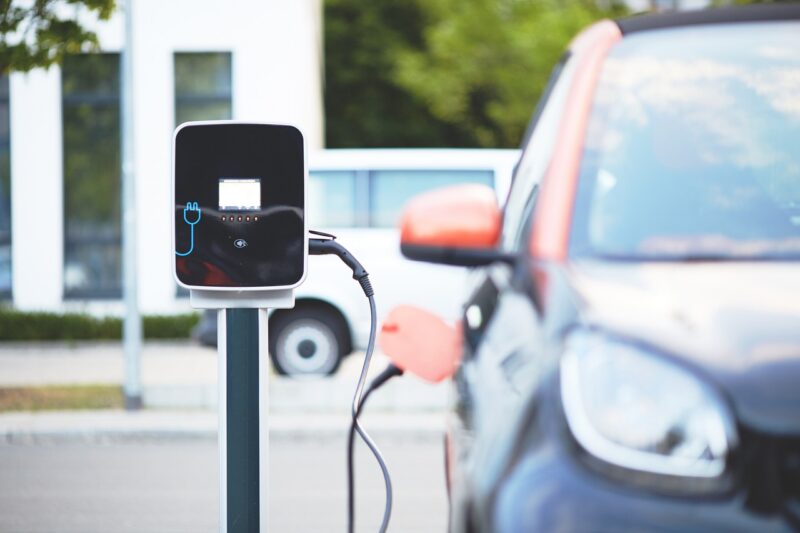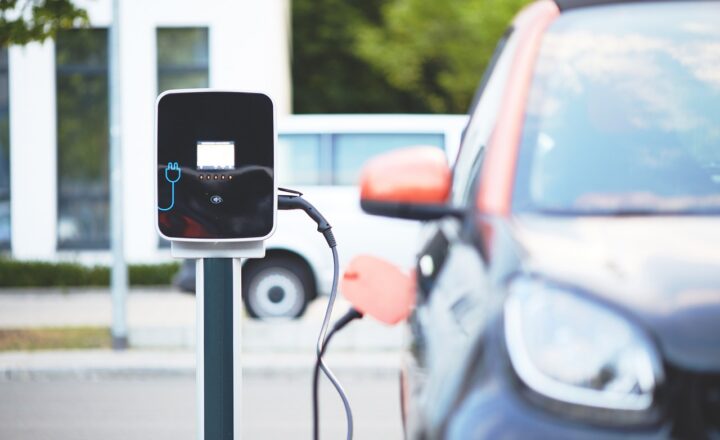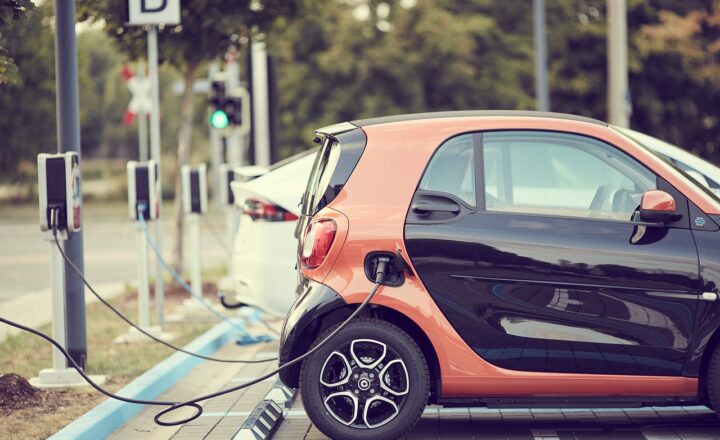The Pros and Cons of Gasoline vs. Electric Cars: Which Is Right for You?
November 14, 2024

As technology continues to advance, the debate between gasoline and electric cars intensifies. With rising awareness about climate change and the need for sustainable transportation, consumers face a dilemma: should you invest in a gasoline-powered vehicle or make the switch to an electric option? This article delves into the pros and cons of both types of cars, providing a clear comparison to help you make an informed decision.
1. Understanding the Basics: Gasoline vs. Electric Cars
Driving preferences stem from various factors, including fuel type and personal values. To start, let’s define both car types:
- Gasoline Cars: Vehicles powered by internal combustion engines that require gasoline as fuel. They have been the standard choice for many decades and are widely available across manufacturers.
- Electric Cars: Cars that run on electricity stored in batteries. These vehicles provide a cleaner alternative to traditional gasoline cars and are gaining popularity as technology improves.
Now let’s break down the pros and cons of each vehicle type.
2. Pros of Gasoline Cars
Gasoline cars come with several advantages that appeal to a broad range of consumers:
- Widespread Availability: Gasoline cars are widely available, with numerous models and brands to choose from, ensuring you’ll find one that meets your needs and budget.
- Transportation Infrastructure: Refueling stations are abundant, making it easy for drivers to find gas regardless of their location. This convenience allows for greater freedom in travel.
- Initial Cost Savings: Typically, gasoline vehicles cost less to purchase upfront compared to electric options, making them more accessible for budget-conscious buyers.
- Performance and Range: Gasoline engines offer strong performance, especially in terms of acceleration and power. Additionally, they generally provide a longer driving range on a single tank compared to early electric models.
3. Cons of Gasoline Cars
Despite their advantages, gasoline cars also come with their share of drawbacks:
- Environmental Impact: The combustion of gasoline releases greenhouse gases and pollutants into the atmosphere, contributing to air quality issues and climate change.
- Fuel Dependence: Gasoline prices can be volatile, and reliance on fossil fuels may become an increasing concern as global energy landscapes change.
- Maintenance Costs: Gasoline vehicles generally require more maintenance, including oil changes and engine repairs, leading to increased ownership costs over time.
4. Pros of Electric Cars
Electric cars have become increasingly popular for various compelling reasons:
- Lower Environmental Footprint: Electric cars produce zero tailpipe emissions, making them a far more environmentally friendly option compared to gasoline vehicles.
- Cost Efficiency: Operating costs are generally lower due to cheaper electricity compared to gasoline and the reduced need for maintenance, as electric vehicles (EVs) have fewer moving parts.
- Tax Incentives: Many governments offer incentives, rebates, or tax credits for purchasing electric vehicles, making them more affordable and appealing for consumers.
- Performance and Quiet Operation: Electric cars tend to accelerate quickly and run quietly, providing an enjoyable driving experience.
5. Cons of Electric Cars
However, electric cars also face criticisms that potential buyers should consider:
- Charging Infrastructure: Although EV charging stations are increasing, they are still less ubiquitous than gas stations, which can pose challenges for long-distance travel.
- Range Anxiety: Some consumers may worry about running out of charge on longer trips, although advancements in battery technology are rapidly mitigating this concern.
- Initial Purchase Price: Upfront costs for electric vehicles are often higher than similar gasoline models, though total cost of ownership can balance this out over time.
- Battery Lifespan and Environmental Concerns: Replacement of EV batteries can be costly, and there are environmental concerns tied to the mining and disposal of battery materials.
6. Making Your Choice: Factors to Consider
Choosing between a gasoline car and an electric vehicle depends on your unique circumstances and preferences. Here are several factors to take into account:
- Driving Habits: Evaluate your daily commute, long trips, and charging options available at home or work. If you frequently drive long distances, a gasoline vehicle may initially seem more convenient.
- Budget: Consider both the upfront cost and long-term operating expenses, including fuel, maintenance, and any possible incentives available for electric vehicles.
- Environmental Impact: Reflect on how important eco-friendliness is for you and the potential difference your choice might make.
- Future Trends: Keep an eye on regulatory changes and advancements in electric vehicle technology, as these may impact the long-term viability and performance of both vehicle types.
7. Conclusion: Which Is Right for You?
In the end, both gasoline and electric cars have their pros and cons. The right choice depends on your individual needs, lifestyle, and values. While some may prioritize performance, convenience, or lower costs, others may emphasize environmental stewardship and sustainability.
As the automotive landscape evolves, electric vehicles are likely to become more feasible and attractive for a wider audience. By considering all factors laid out in this article, you’ll be better equipped to make a decision that aligns with your priorities and preferences. Happy car shopping!





